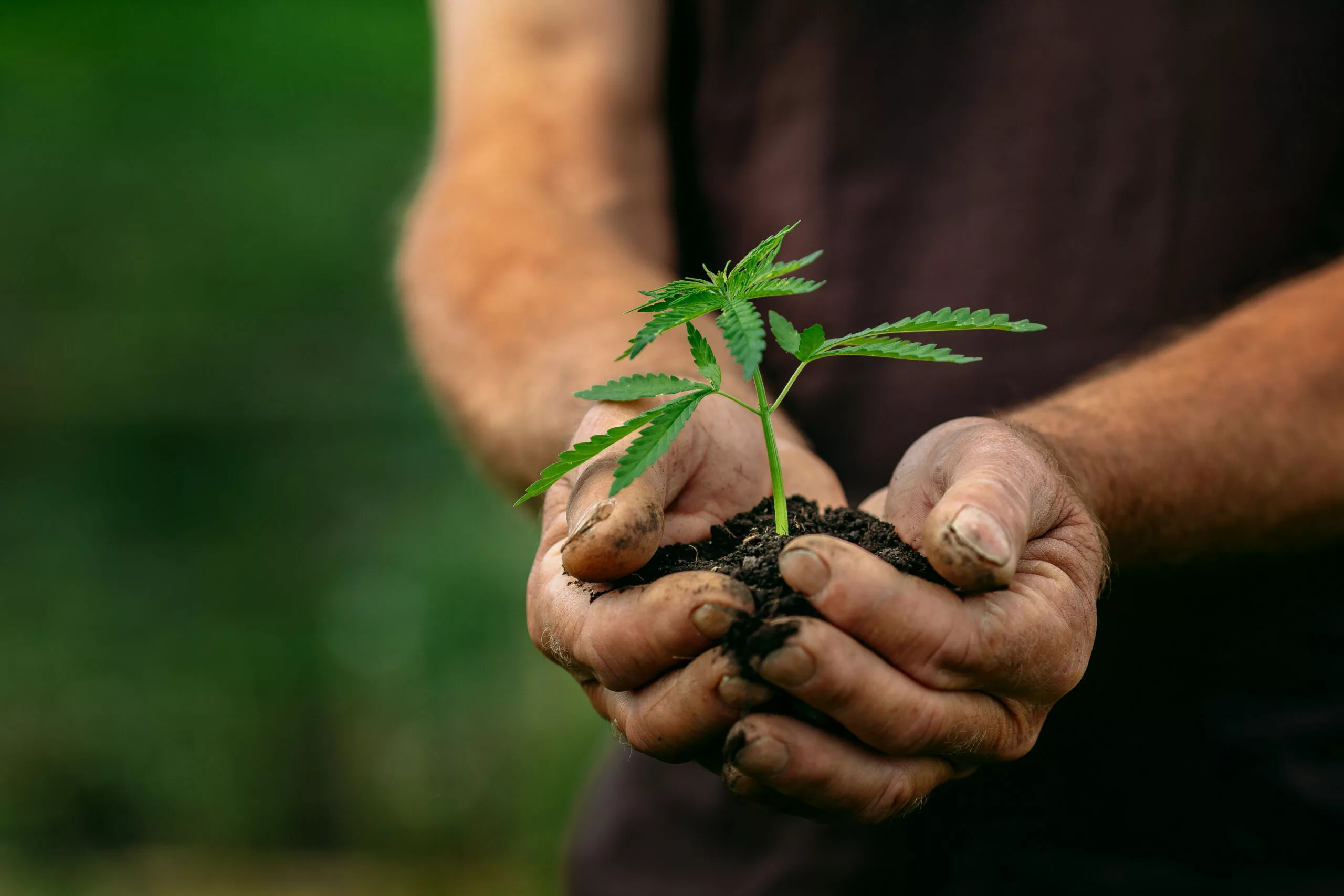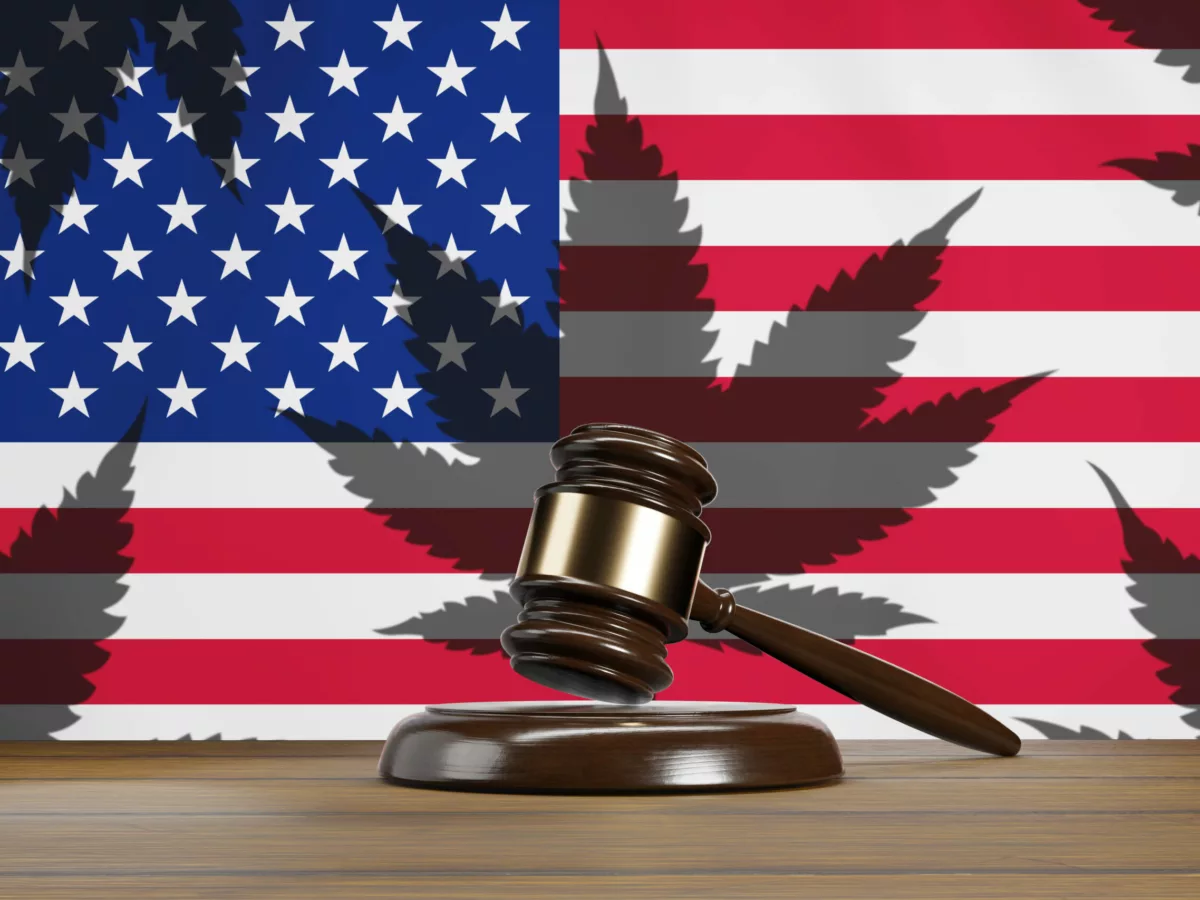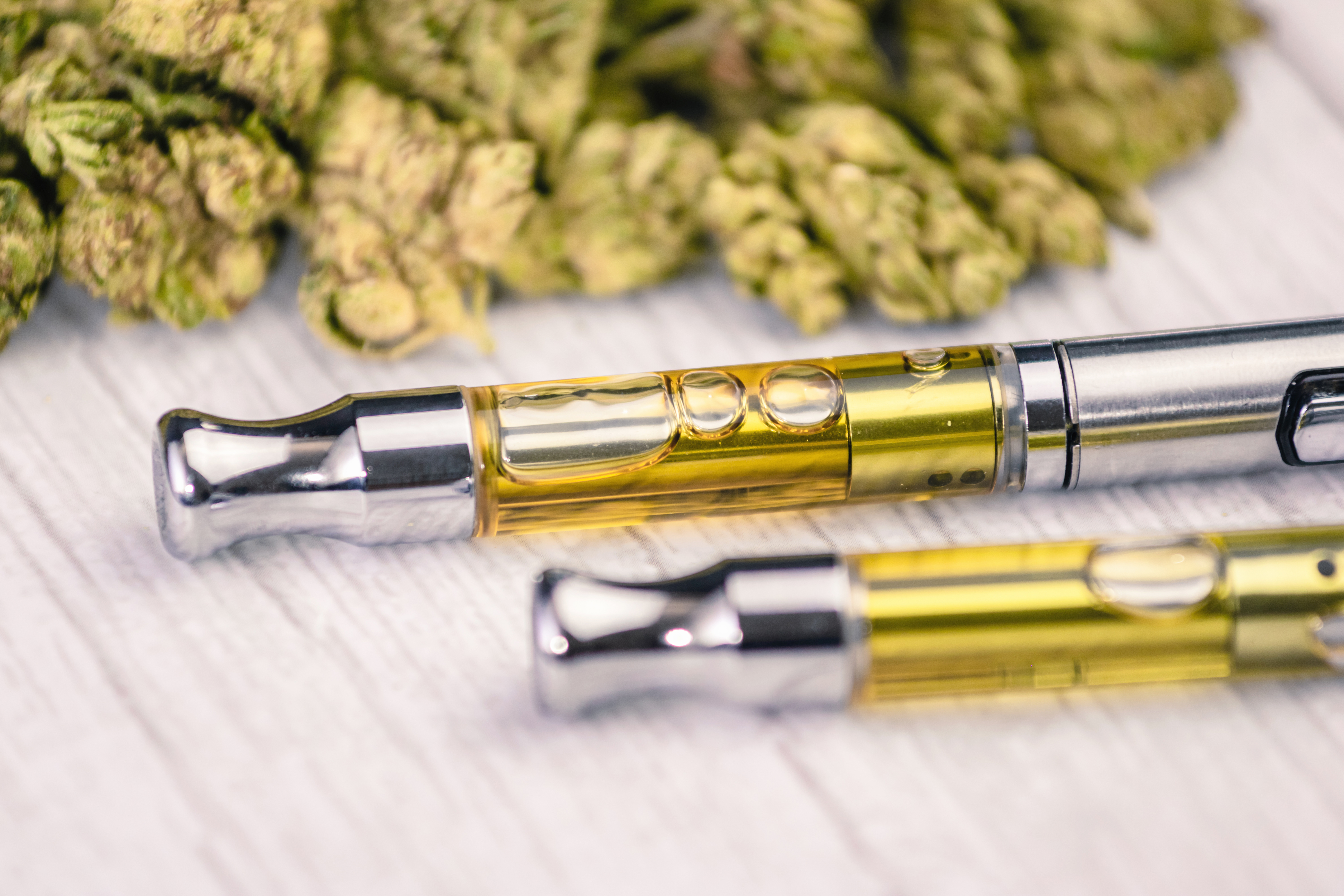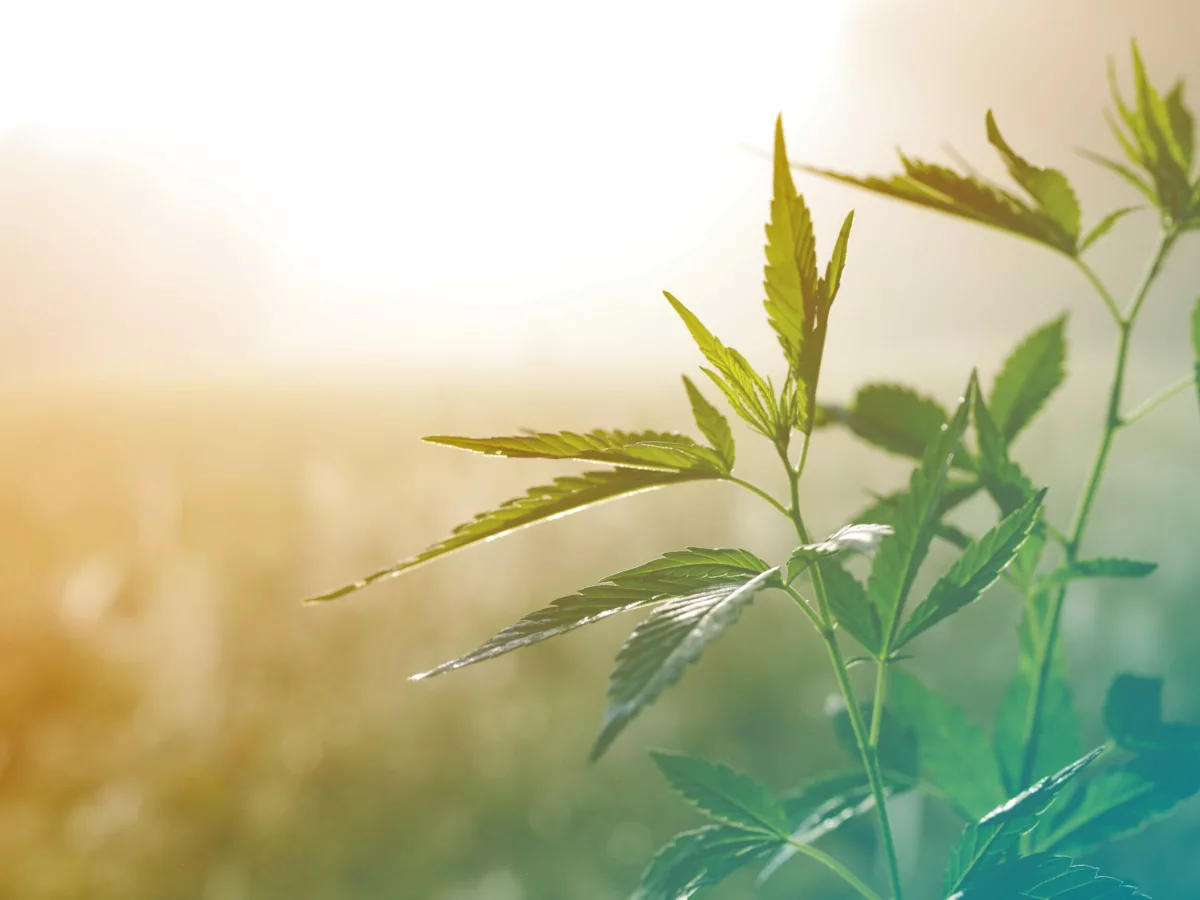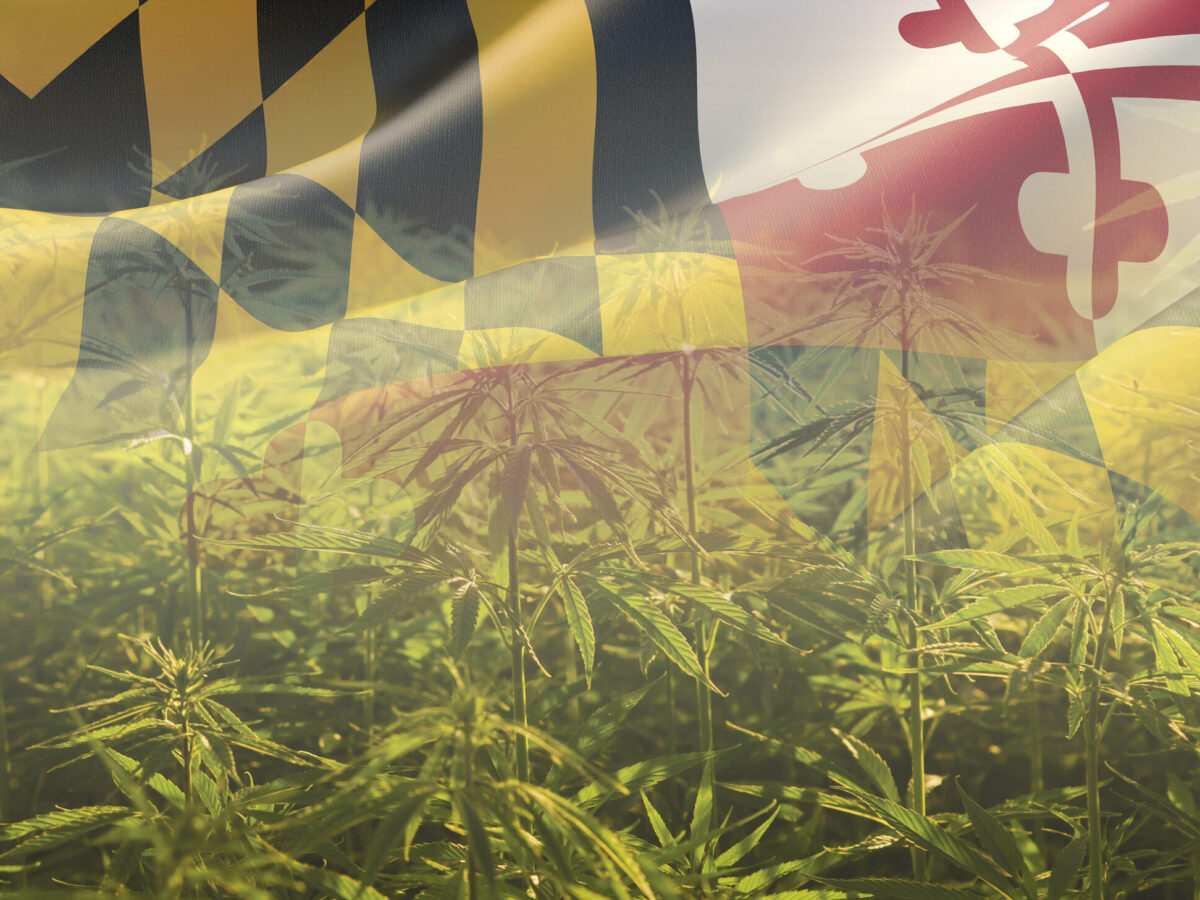By Robbie Martin, Founder of District Canna Concepts
The headwinds facing The District of Columbia’s medical cannabis program expansion have been well documented. Groups converting from I-71 “gifting” stores to the legal medical market expect their profit margins to be slashed post-transition as they are now required to source only from a limited number of licensed D.C. based medical producers.
On the production side, new cultivators and manufacturers are struggling to find suitable real estate, the necessary financial backing to secure it and the capital needed to execute their vision. The city has put a hard deadline in place for unlicensed cannabis sales, and it already revoked the license of a recently transitioned dispensary.
It’s not all doom and gloom, though. There are many new opportunities for licensed and unlicensed entrepreneurs.

Retail, Medical Dispensaries
For licensed retailers, D.C.’s on-site consumption laws are some of the most flexible in the country, allowing consumers to enjoy their purchases within designated sections of the dispensary.
- Consumption areas can be indoor or outdoor, referred to as safe-use treatment areas or summer gardens.
- Certain license endorsements even allow for experiences like cooking classes.
- Food and non-alcoholic beverages can be served to complement a cannabis menu.
Manufacturing
While business owners still have to navigate the high costs of D.C. products, there are several new manufacturers hitting the market soon. Once they are online, there will be more brands and product variety on medical cannabis shelves. These manufacturers can:
- Produce in-house product lines
- Manufacture products for cultivators
- Enter into licensing agreements with brands looking to enter the D.C. market
- Produce white-labeled products for dispensaries who want to launch their own brand
Unlicensed brands from D.C. or out of state can still participate in the market by joining forces with a white-label manufacturer.
Cultivation
Cultivation has understandably been the slowest growing sector. It requires the most space and money to build as well as years worth of back and forth with utility companies and D.C.to ensure the facility has the necessary power, water and proper ventilation. On the bright side, more flower supply is coming from new and expanding cultivators. D.C. could potentially allow co-location to make it easier to find real estate, though no legislation has been presented yet. Similar to licensed manufacturers, cultivators can:
- Grow their own strains
- Contract grow for legal medical dispensaries wanting white-labeled flower products and pre-rolls
- Create licensing agreements with brands looking to enter D.C. (see the recent Cookies announcement)
- Produce the biomass necessary for concentrate production
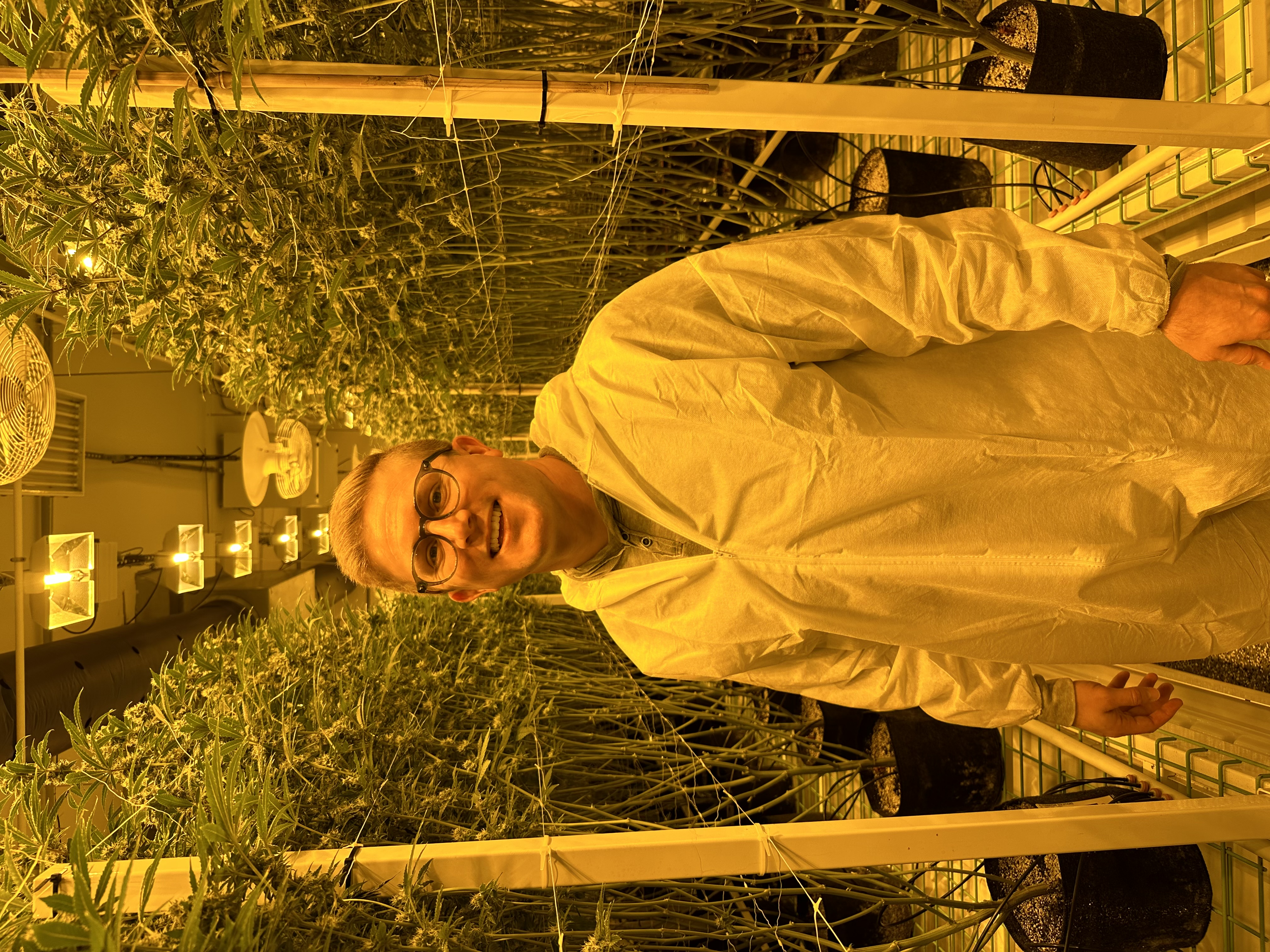
Individual cannabis entrepreneurs
Zooming in, there are things individuals should consider to set themselves up for success.
The medical market in D.C. is a long game, not a quick flip cash grab. Now is the time to be building a business that can last or set up to be sold in a few years when licenses can be more easily transferred.
At the retail level, competition currently revolves around cost as every dispensary is beholden to the same few suppliers. So, how do you compete with shops who have long standing relationships with producers? By creating community and building your own brand.
Existing cultivators and manufacturers have been waiting years for their wholesale customer base to grow; they want to get their product on your shelves. From there, it is on the business to drive traffic to your store, engage your neighbors, and get creative with local partnerships inside and outside cannabis. Your margins are going to be tight until more flower supply arrives, but as wholesale prices hopefully fall over the next few years, retailers will be poised to capitalize.
The City will always have a ceiling on flower production simply based on the lack of industrial real estate to house it. However, manufacturing is where D.C. seems poised to make a name for itself. As new manufacturers become established, don’t be surprised to see D.C.’s cannabis and non-cannabis entrepreneur communities take notice.
How to prepare to enter the market without a license
While you can’t sell cannabis in D.C. without a medical license, that doesn’t stop you from creating a brand, business plan and marketing kit to pitch to manufacturers. Retailers can also create in-house brands to create better margins for themselves, and eventually you will see more well known national brands strike licensing deals to get their products on D.C. shelves.
Most of this article has discussed what individuals or groups can do to position themselves. In reality, the only way D.C.’s medical (and future recreational market) market survives and grows is through collaboration up and down the supply chain. Retailers need to coordinate with each other as they come online, comparing notes and solving common issues. Cultivators and manufacturers need to work together to reach wholesale pricing that creates a sustainable environment for all to profit. The D.C. cannabis community, as fractured as it may seem right now, has a real chance to get it right if we come together.
